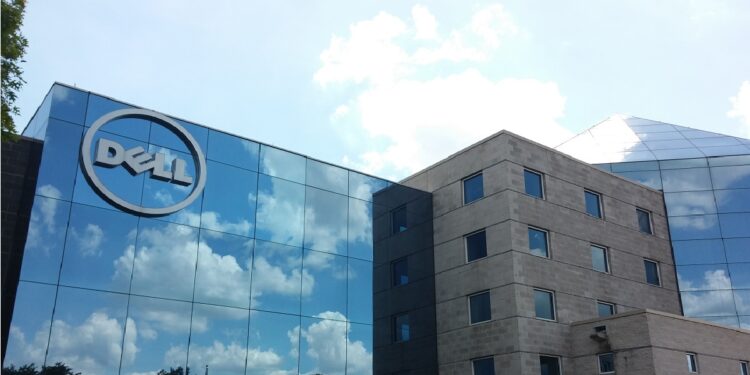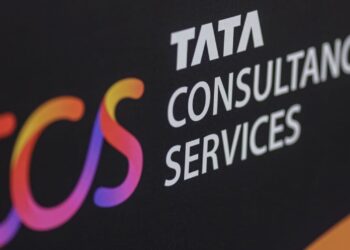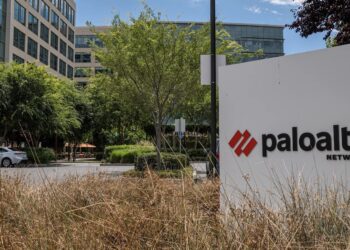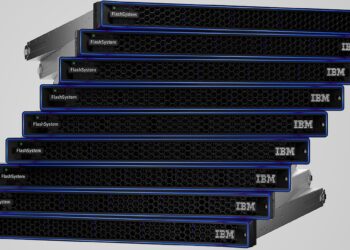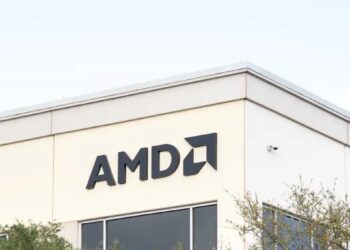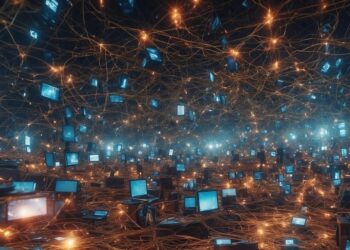Dell Technologies and Red Hat, an open-source solutions provider, are bringing Red Hat Enterprise Linux AI (RHEL AI) as a preferred platform on the Dell PowerEdge R760xa server. It will be available in Q3 2024.
This initiative aims to simplify the AI experience for users by continuously testing and validating hardware solutions, including NVIDIA accelerated computing, with RHEL AI.
RHEL AI is a foundation model platform built on an AI-optimized operating system that enables users to seamlessly develop, test, and deploy artificial intelligence (AI) and generative AI (gen AI) models to Dell PowerEdge servers.
RHEL AI brings together the open source-licensed Granite large language model (LLM) family from IBM Research, InstructLab model alignment tools based on the LAB (Large-scale Alignment for chatBots) methodology and a community-driven approach to model development through the InstructLab project.
This collaboration helps organizations more readily implement successful artificial intelligence and machine learning (AI/ML) strategies to scale their IT systems and power enterprise applications across their businesses.
Joe Fernandes, vice president and general manager of Generative AI Foundation Model Platforms, Red Hat, said, “AI by nature requires extensive resources spanning enabled servers, compute power, and GPUs. As organizations evaluate and implement gen AI use cases, it is imperative that they build on a platform that is able to scale with their business while also providing the agility to experiment and develop AI-driven innovations.”
“By collaborating with Dell Technologies to validate and empower RHEL AI on Dell PowerEdge servers, we are enabling customers with greater confidence and flexibility to harness the power of gen AI workloads across hybrid cloud environments and propel their business into the future” he added.
Arun Narayanan, Senior Vice President, Dell Technologies, commented, “Validating RHEL AI for AI workloads on Dell PowerEdge servers provides customers with greater confidence that the servers, GPUs, and foundational platforms are tested and validated on an ongoing basis. This simplifies the gen AI user experience and accelerates the process to build and deploy critical AI workloads on a trusted software stack.”
Also Read: Dell Technologies to Offer Skill Development Courses in India with Focus on GenAI
